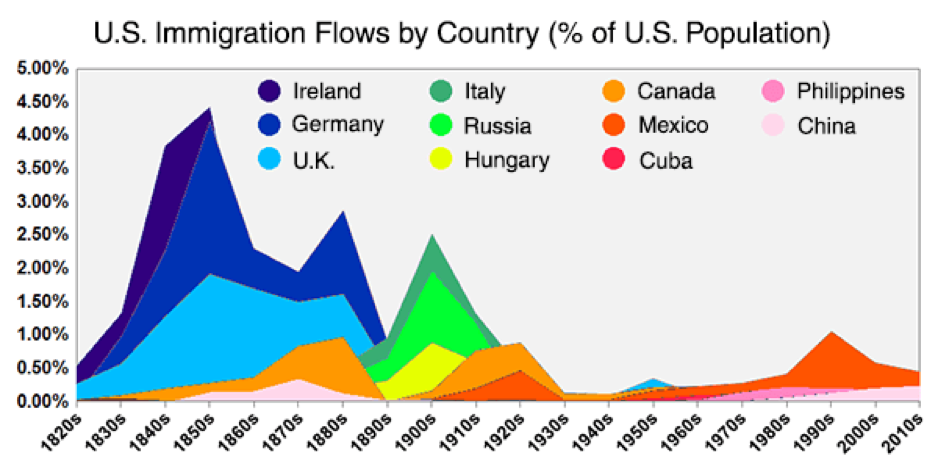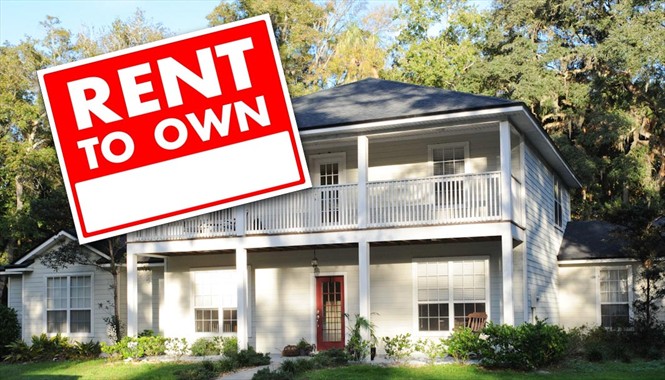The housing market needs immigrants, and the gap between native-born and immigrant homeowners has been shrinking for several years. But housing for immigrants is a tough subject to navigate. And the biggest question is … is it possible for more immigrants to become homeowners in 2018?
There are many ways to enter the U.S. legally. For example, student visas are relatively easy to get if you are enrolled in a US educational institution. Since foreign tuition rates may be higher, many universities recruit foreign students and will actually help them receive visas.
If you are a non- US citizen starting a business and you plan to invest money in it and therefore create American jobs, there are visas available. You can get a visitor’s visa–for vacation purposes–or you can apply for an immigrant visa. You may be able to get a green card that allows you to work in the US. If you do remain in this country after your visa has expired, however, you become undocumented, and that can lead to difficulties.
I’m Staying Here Anyway
Whether you have a green card, a student visa, a business or professional visa, or whether you may be here illegally, you may decide that you want to buy a house. Maybe you’re tired of renting, are pretty sure that you are not going to have legal trouble if you stay, and like most Americans, you want to build future equity. You may have read that even financially secure US citizens may have trouble getting mortgages. If that’s the case, should you as a non-US citizen even consider buying a house, and furthermore, can you even do it?
Yes! It Can Be Done
President Trump’s failed university offered this advice to its students in a 2010 blog brought to us by The Weekly Standard.
“First of all, you do not have to have a social security number to buy or sell a home in the U.S. Some mortgage lenders require one; however, there is not a law requiring one. You do need to have some form of government issued identification, even if it is from another country (such as a passport or driver’s license).
Those without a social security number will need an ITIN (individual taxpayer identification number) number which is issued by the IRS to foreign nationals for paying taxes on money they earn in the U.S. (The author) noted that while it is difficult for illegal immigrants to get mortgage loans, several banks have programs designed for those immigrants. ‘Lastly, it is not illegal to own real estate in the U.S. even if one is in the country illegally,’ she wrote. ‘If getting a mortgage is not an option, one can always pay cash.’”

Problems That Can Arise If You Don’t Have the Cash
While a cash purchase may be completely legal, obtaining a mortgage–if you don’t have the cash–can be difficult for the following reasons:
- Hard to prove foreign income.
- Banks may not believe your foreign accountant.
- Lenders may fear that you will be deported.
- Thin credit or no credit history.
- Bad credit MN.
- No ITIN or SSN.
- Low credit score.
- Other legal issues.
- Massive student loan debt.

Housing for Immigrants: What Now?
So, you’re here, you’ve found a great home, you have a job, you can afford a modest mortgage payment but you just can’t convince a lender to take that risk and allow you to become a homeowner. Now is the time to think non-traditional financing. With a contract for deed, you can pay for your home on installments, and after you have completed all of your payments, you will own the property. These transactions can be accomplished by two willing parties without concern of bank denial. There are even reputable Minnesota lenders like C4D that can help you do this.
Rent-To-Own
Contract for deed’s cousin, rent-to-own might also be a viable option. NOLO says, “A rent-to-own agreement is made up of two agreements: a standard lease agreement, and an option to purchase; these may be incorporated in one document or two separate documents.” In this scenario, a portion of your rent goes toward a down-payment that you can use to obtain future financing.

Exotic and Risky?
Don’t let a conservative banker derail your plans for home ownership. Of course, alternative home financing plans can be costlier and have some inherent risks. Didn’t you take a risk, however, when you came to the US in the first place?
Just Do It
As we have shown, they are ways to purchase a home even if you’re not a US citizen. Make sure you understand all of the options available to you and start with a bank or mortgage broker, and if that doesn’t work, consider MN contract for deed or rent to own, even if you have bad credit or immigration issues.
For more immigrant housing resources, view the links below:
